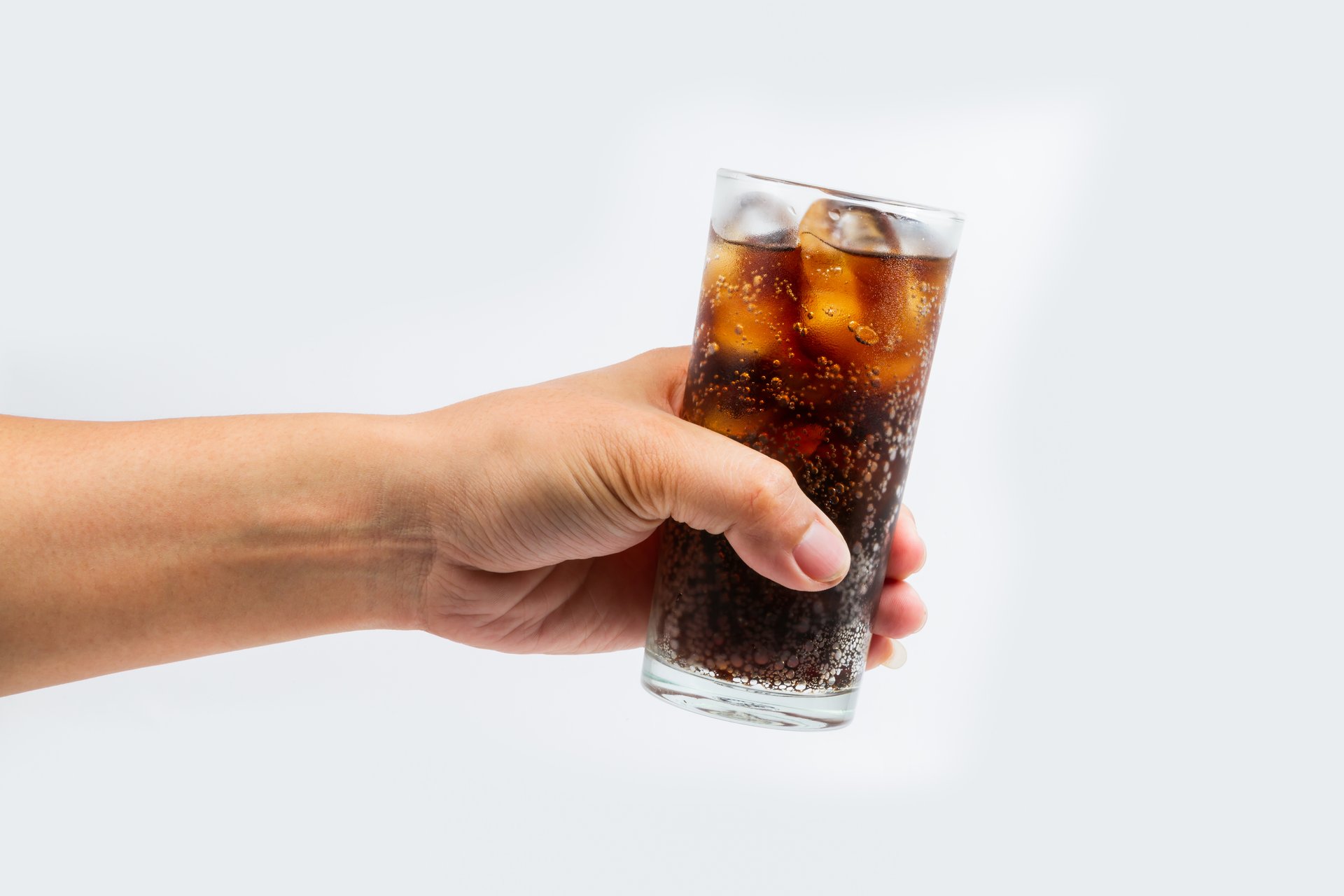
Decreased sleep is associated with increased consumption of sugary caffeinated drinks, new research indicates.
This inverse relationship is more pronounced in adults who get five or fewer hours of sleep per night, say scientists at the University of California San Francisco.
They led a study that was published online this week and that will appear in the next issue of the journal Sleep Health.
Lead study author Aric A. Prather, an assistant professor of psychiatry at UCSF, notes that several other recent studies have linked sleep deprivation and sugar drink consumption in children.
So Prather and his fellow researchers wanted to determine whether such a pattern existed among adults.
For the study, they analyzed seven years of data on more than 18,000 adults. The data included how much sleep they got during the workweek and how much they drank of various types of beverages.
The researchers found that:
- Adults who regularly slept five or fewer hours a night also drank 21 percent more caffeinated sugar-sweetened beverages, compared with adults who slept seven to eight hours a night.
- Adults who slept six hours per night regularly drank 11 percent more caffeinated sugar-sweetened beverages.
Those caffeinated sugar-sweetened beverages included both sodas and noncarbonated energy drinks.
The researchers found no association between the amount of sleep and consumption of fruit juice, tea or diet drinks.
It remains unclear, though, whether there is a direct cause-and-effect relationship between sleep and consumption of sugary caffeinated drinks.
Prather explains:
“Short sleepers may seek out caffeinated sugar-sweetened beverages to increase alertness and stave off daytime sleepiness. However, it’s not clear whether drinking such beverages affects sleep patterns, or if people who don’t sleep much are more driven to consume them.”
If you’re trying to give up sugary drinks, check out “7 Tips for Breaking Your Addiction to Sugar.”
What do you make of the link between how much sleep you get and how much sugary caffeinated beverages you drink? Share your thoughts below or on Facebook.




Add a Comment
Our Policy: We welcome relevant and respectful comments in order to foster healthy and informative discussions. All other comments may be removed. Comments with links are automatically held for moderation.